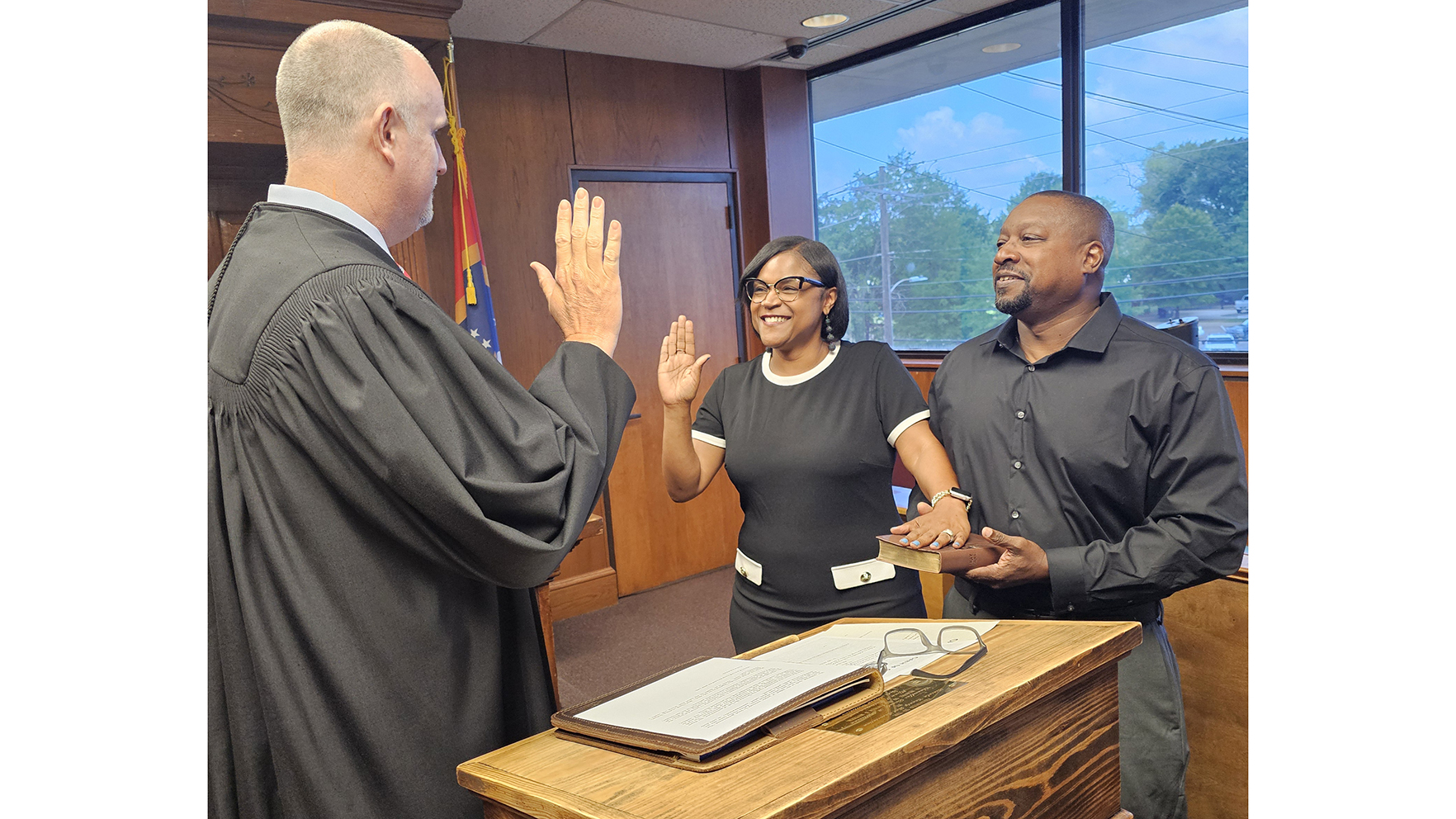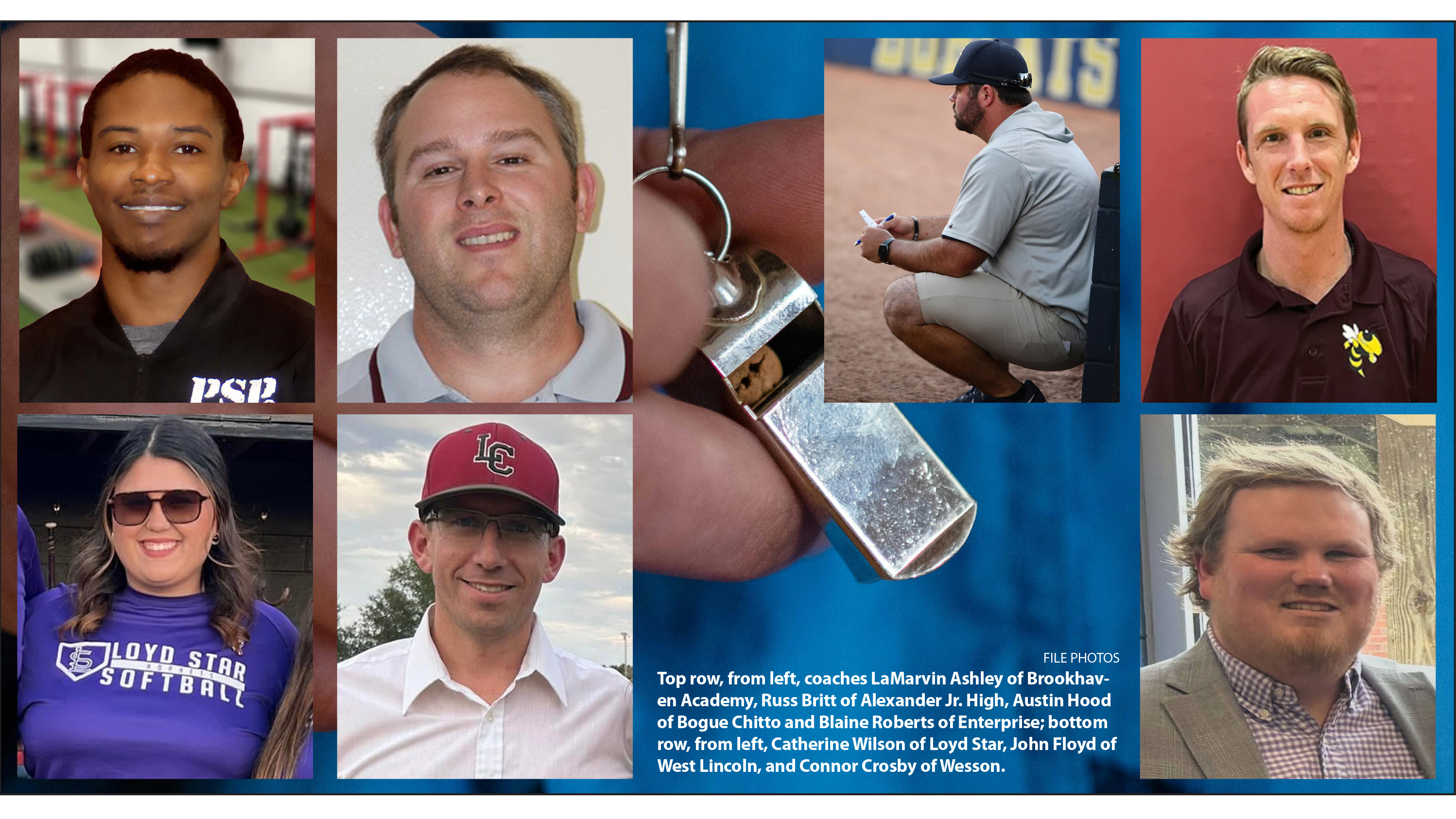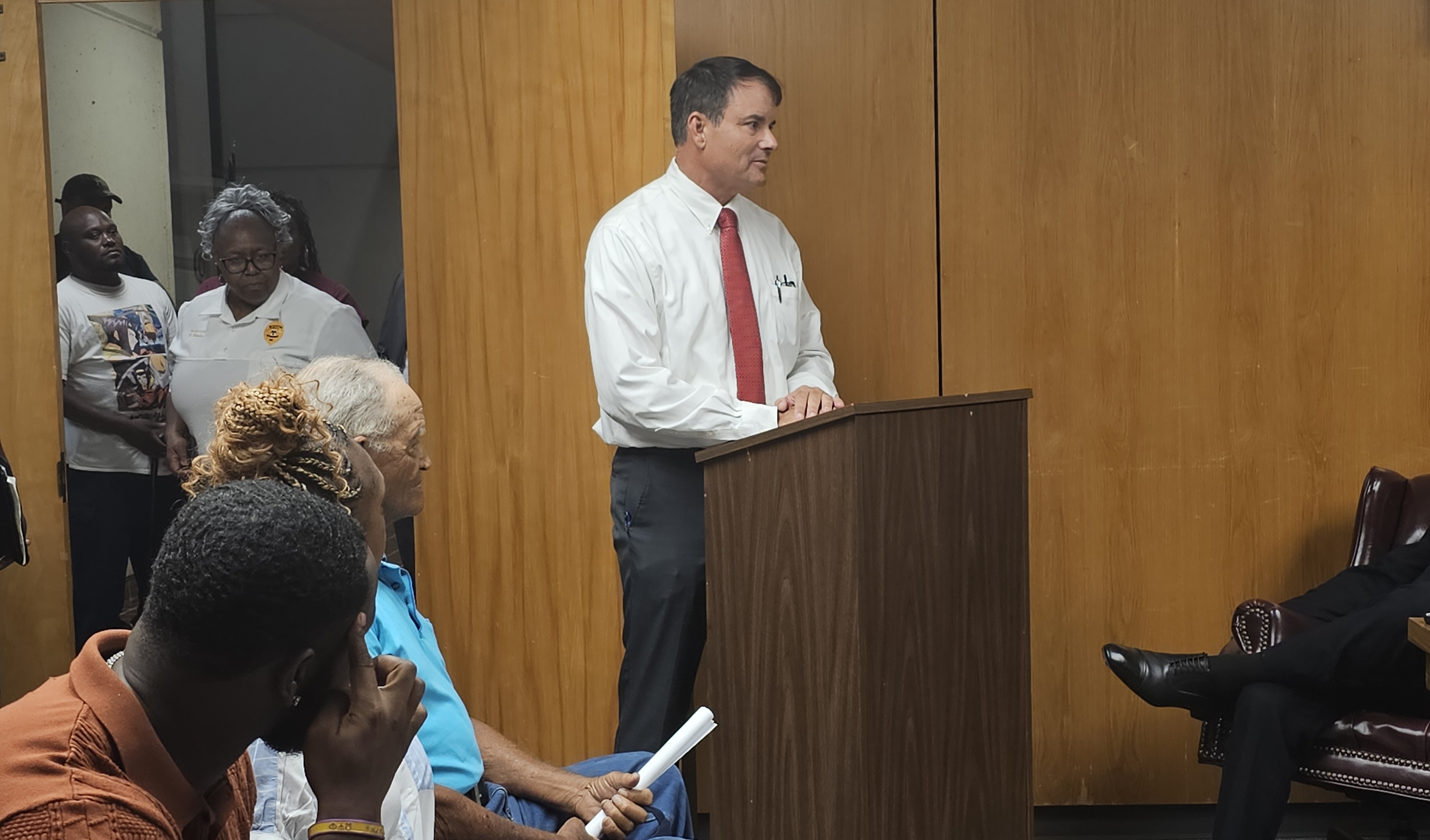Locals Recall 9/11 Events
Published 6:00 pm Sunday, September 11, 2011
Aycock stranded after attack
By CALEB BEDILLION, DAILY LEADER Staff Writer
He was near Washington, D.C., on Sept. 11, 2001, when an airplanehijacked by terrorists hit the Pentagon, but like most Americans,Carl Aycock experienced 9/11 through television screens.
Aycock was in Washington for a WorldCom board of directors meetingthat began in the morning. Aycock recalled that about 8:30 a.m. themeeting was interrupted when someone received an e-mail that anairplane had hit the World Trade Center.
Small details of that moment stand out. Most people did not havecell phones that could receive e-mail at the time, Aycock said. Butone of the board members did have such a phone, and it was he whofirst got word of the crash.
Aycock explained that everyone there assumed an accident was toblame, and the board meeting continued.
Then the second tower was hit. The board meeting was suspended.Everyone gathered around televisions, desperate to know what wasgoing on.
Then the Pentagon was hit.
“Security wanted to move us into the basement,” Aycock said.
The board members elected to stay where they were. However, thesite of the board meeting was not close enough to thePentagon
“The negative from our standpoint was we were not with family,”Aycock said. “You want to be with your family in a time likethat.”
That negative grew only worse when all flights were grounded,stranding the board members where there were. Even thoughcommercial flights were pulled, every day, the group made a trekout to a nearby airport to see if corporate planes would be allowedin the air.
They all ended up staying in a hotel until Sept. 14 when theirplane was cleared to fly back to Jackson.
“We were unique. We were closer than a lot of people but stillremoved,” Aycock said, speaking of those three days in a hotel. Noone had a car. There was nowhere to go. Aycock and the other boardmembers were stranded in a hotel with nothing to do except watchthe news coverage of the unfolding tragedy, coverage, whichdominated nearly every channel.
Former Rep. at Pentagon
Black smoke is what Mike Parker remembers about that day.
While Aycock sat in a meeting, Parker, a former MississippiCongressman, was right outside the Pentagon when that building wasstruck.
Parker had been appointed to head the Army Corps of Engineers andwas leaving the Pentagon, headed to the Capitol, when the airplanestruck.
Parker was in a van about 100 yards away trying to merge intotraffic. Parker remembered the incorrect information that was firstannounced.
“We did not see the plane (from the van),” Parker said. “Adispatcher from the Pentagon announced over the radio a helicopterhad hit the helipad.”
Whatever the aircraft, Parker assumed it was loaded with fuel. Hesaid black smoke quickly filled the air.
“There was a tremendous amount of black smoke,” Parker said. “Therewas so much you could not see anything had hit the building.”
Parked used several words to describe that day: “crazy,” “confused”and “surreal.”
Parker had an office in the Pentagon near the crash site. Heremembers returning and seeing water everywhere in his office andin the building. There was something else that everywhere: thesmell.
“The whole place smelled burned,” he said. “The smell, the acridsmell was just phenomenal.”
Parker left the Corps of Engineers in 2002 and continues to residein Brookhaven, which he described as his “home.” From the vantagepoint of a decade, Parked believes the attacks of Sept. 11 broughtthe United States to a place much of the world has alreadybeen.
“I was always shocked when I would go to Europe in the ’70s and’80s. You would see armed military people in airports, and it wouldgive you an odd feeling,” Parker said. “On 9/11, we joined the restof the world.”





